1. Mr. Potato Head
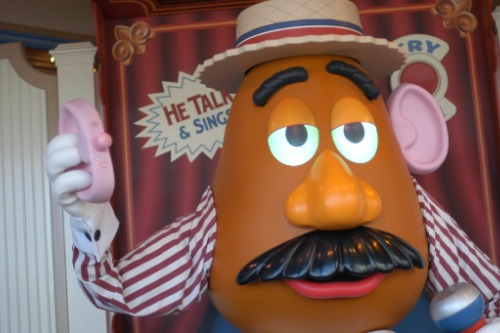
When Hasbro announced in 2021 that it was dropping the “Mr.” from “Mr. Potato Head” in branding (though not eliminating the character himself), the internet imploded. Some took it as an effort to go gender-neutral and accused Hasbro of caving to “woke” culture, Joseph Pisani of AP News explains. Social media exploded with memes about “canceling Mr. Potato Head” and “erasing masculinity.” Hasbro had to clarify that the characters Mr. and Mrs. Potato Head weren’t being retired—just the broader brand name was changing.
The company intended it as a small step toward inclusivity, letting kids imagine families however they wanted. But that didn’t stop it from becoming a political lightning rod. Commentators on TV and Twitter made it a front-page issue for days. Not bad for a plastic tuber with stick-on eyes.
2. Paper Straws
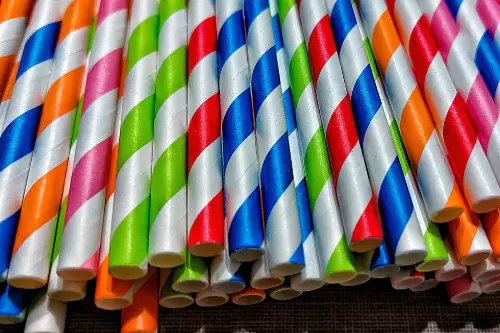
What started as a small eco-friendly gesture somehow ignited a culture war, according to Brooke Kato of The New York Post. When local governments and businesses began swapping out plastic straws for paper ones to reduce ocean pollution, people got weirdly passionate—on both sides. Conservatives called the change symbolic overreach, while environmental advocates saw resistance as anti-science. The humble straw, once a forgettable diner staple, suddenly became a stand-in for whether you “cared about the planet” or “loved freedom.”
Despite the intention being environmental preservation (plastic straws are notoriously hard to recycle and often end up in oceans), the reaction was outsized. Entire social media rants, merchandise (“I support plastic straws” mugs), and even proposed laws cropped up over this switch. In San Francisco, the ban was seen by critics as proof of liberal overregulation. In Florida, some cities passed preemptive laws banning straw bans—yes, bans on bans.
3. Face Masks

Face masks went from a purely medical item to a deeply political symbol almost overnight, according to Emine Saner of The Guardian. At the start of the COVID-19 pandemic, public health experts recommended masks to reduce virus transmission. But many Americans, particularly in more conservative regions, viewed mask mandates as government overreach and a threat to personal freedom. Wearing a mask—or not—became a visible marker of your political leanings.
By mid-2020, it wasn’t uncommon to see heated arguments break out in grocery stores over face coverings. Some officials defied mandates entirely, while others were criticized for not enforcing them enough. Even major retailers had to navigate whether or not to require masks, sometimes changing policy based on backlash. It was a piece of cloth—yet somehow also a battleground.
4. Starbucks Holiday Cups
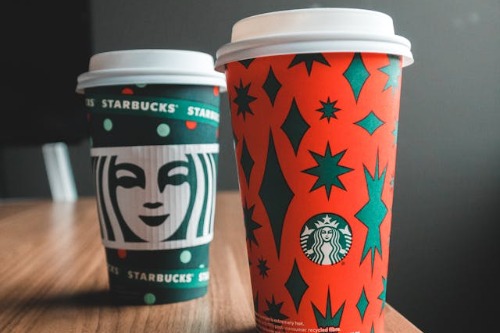
Every winter, Starbucks rolls out its seasonal holiday cups. But in 2015, the company opted for a minimalist red design without traditional Christmas imagery, and things got weird, Sarah Whitten of CNBC explains. Some conservative critics accused Starbucks of waging a “war on Christmas,” claiming the cups were evidence of political correctness gone too far. All of a sudden, sipping a peppermint mocha was loaded with subtext.
The controversy went viral, fueled by social media and amplified by certain pundits. Starbucks, for its part, said the plain red design was meant to be more inclusive. Still, some customers started writing “Merry Christmas” on their cups in protest. The cups have since become an annual flashpoint—despite literally just being cups.
5. Keurig Coffee Makers
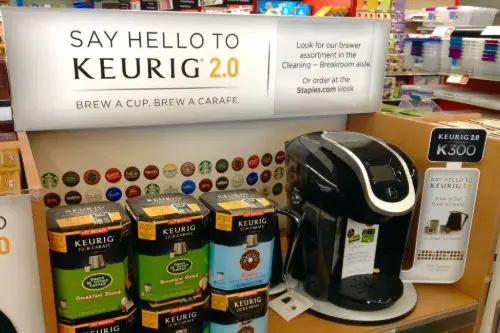
Most people just want a quick cup of coffee. But Keurig found itself in hot water in 2017 when it pulled its ads from Sean Hannity’s Fox News show after Hannity defended Roy Moore, a Senate candidate accused of sexual misconduct. In response, outraged Hannity fans began smashing their Keurig machines and posting the destruction online. The hashtag #BoycottKeurig started trending almost immediately.
Keurig, meanwhile, said the ad decision was part of a broader brand review and not politically motivated. But that didn’t stop the backlash, and the company eventually apologized to calm things down. Still, a coffee maker had somehow become a casualty of America’s partisan divide. No one could have predicted a countertop appliance becoming this controversial.
6. Goya Beans
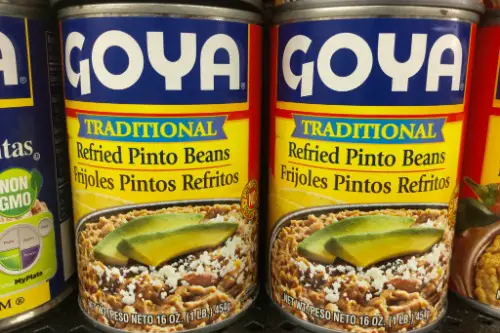
In 2020, Goya Foods CEO Robert Unanue praised then-President Donald Trump during a White House event. That single statement triggered a tidal wave of political reaction. Liberals called for a boycott of Goya products, while conservatives staged a counter-buycott, snapping up cans of beans and posting them online. It was dubbed the “bean battle” of 2020.
Goya’s sales reportedly spiked despite the initial boycott calls, thanks in part to high-profile support from figures like Ivanka Trump. Unanue doubled down on his support for Trump, further fueling the culture clash. Meanwhile, most consumers were just confused about why black beans were now political. It really was that surreal.
7. Bud Light
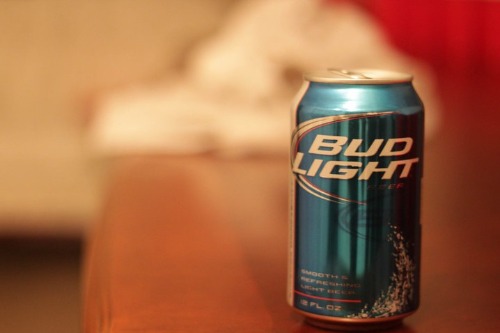
Bud Light, a staple of backyard barbecues and ball games, got dragged into a culture war in 2023. The brand partnered with trans influencer Dylan Mulvaney for a small-scale social media campaign, which led to a fierce backlash from some conservatives. The anger snowballed into a boycott, led by figures like Kid Rock (who posted a video of himself shooting Bud Light cans). It was arguably the most polarized beer moment in modern American history.
Sales dropped significantly, and Anheuser-Busch faced criticism from both sides—conservatives for the partnership, and progressives for what they saw as the company’s failure to defend it. The whole debacle revealed how fragile brand loyalty could be in politically charged times. And all because of one influencer’s personalized beer can. Really.
8. MyPillow

MyPillow was once just another brand of sleep aid, sold late at night on cable TV. But its founder, Mike Lindell, became a frequent presence on conservative media and a staunch supporter of Donald Trump. After promoting election fraud claims in 2020, Lindell and his pillow brand were dropped by several major retailers. That led to conservative calls to support the company in defiance of so-called “cancel culture.”
Lindell doubled down, sponsoring political events and even launching his own social media site. Meanwhile, the public perception of MyPillow was split down ideological lines. Buying a pillow turned into a statement of political allegiance. You weren’t just sleeping—you were signaling.
9. Crayola Colors
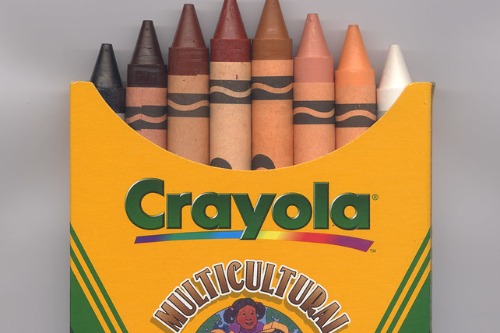
Yes, even crayons weren’t safe. In 2021, Crayola launched a new inclusive product line called “Colors of the World,” featuring skin-tone crayons designed to represent a wider spectrum of racial diversity. While many praised the effort, others decried it as “woke” or politically motivated. It was a box of crayons, and somehow it sparked a debate about identity politics.
The product itself wasn’t radical—it was intended to help kids better represent themselves and others in their drawings. But in a climate of constant culture wars, even that was enough to set off controversy. Critics framed it as virtue signaling, while supporters applauded it as overdue representation. Somehow, coloring got complicated.
10. Gas Stoves

Gas stoves became a hot-button issue (pun intended) in early 2023 after a government agency mentioned possible health risks, especially for children. A Consumer Product Safety Commission member floated the idea of stricter regulation or voluntary phase-outs—not an outright ban. Still, the story exploded into claims that “they’re coming for your stove.” Conservative figures responded with memes, slogans, and even “Save the Gas Stove” merch.
Meanwhile, the Biden administration clarified that there was no federal ban being proposed. But the narrative stuck, and gas stoves quickly became a symbol of overregulation and resistance to government control. Suddenly, what type of stove you used said something about your politics. Dinner just got weirdly ideological.
11. Nike Sneakers
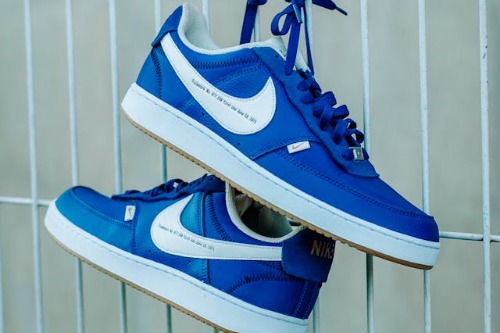
Nike stirred political waters in 2018 when it made former NFL quarterback Colin Kaepernick the face of its “Just Do It” campaign. Kaepernick, who famously knelt during the national anthem to protest police brutality, had become a polarizing figure. The ad launched immediate backlash, with some conservatives burning their Nike shoes on social media in protest. Meanwhile, others praised the company for taking a stand on racial justice.
Despite the controversy, Nike saw a bump in sales and brand engagement among younger, more progressive consumers. Still, wearing Nikes became more than a fashion choice—it became a statement. People debated the company’s motivations, sincerity, and role in the culture war. All because of an ad featuring a guy in black-and-white lighting with a slogan.
12. Chick-fil-A Sandwiches
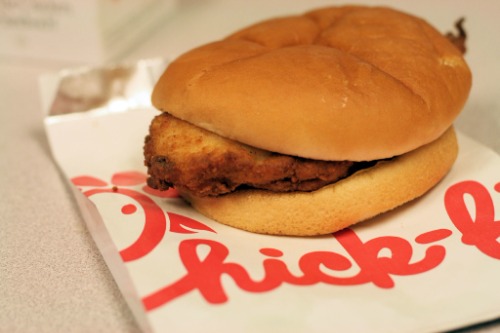
For years, Chick-fil-A was just a fast-food chain known for waffle fries and hyper-polite employees. That changed in 2012 when the company’s CEO, Dan Cathy, made public comments opposing same-sex marriage. This sparked widespread backlash and calls for boycotts, while others rushed to “Chick-fil-A Appreciation Day” to show support for Cathy’s views. Suddenly, eating a chicken sandwich became a statement about your stance on LGBTQ+ rights.
The company later tried to tone down its public affiliations and even scaled back donations to certain controversial groups. But the association stuck, and the chain remains a political lightning rod in certain circles. Cities like San Antonio and Buffalo even tried to block Chick-fil-A locations from opening in airports due to its perceived anti-LGBTQ history. All over a sandwich.
13. The American Flag
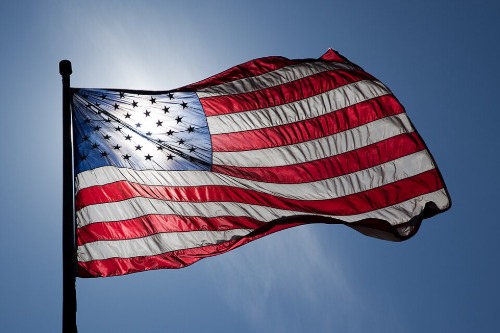
It’s heartbreaking, but even the American flag has taken on partisan overtones in recent years. Traditionally a unifying symbol, the flag has increasingly been claimed as a badge of conservative or nationalist identity. For some, flying a flag outside their house is a show of patriotism. For others, it’s come to feel like a coded political message, depending on context—especially in the wake of events like the January 6 Capitol riot.
The flag hasn’t changed—but the way it’s been used has. It’s shown up alongside anti-government signs, in political rallies, and even during moments of civil unrest. That’s led to discomfort among some Americans who feel it no longer represents all of us equally. It’s one of the clearest examples of a symbol that should unite us being caught in the culture crossfire.
14. Electric Cars
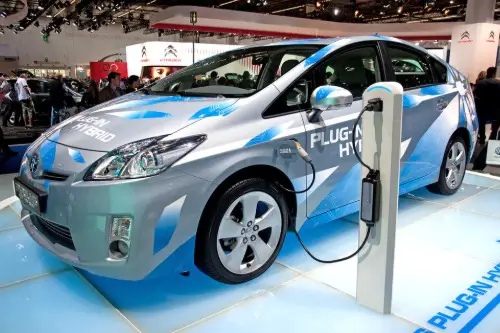
Electric vehicles, once the domain of environmentalists and early tech adopters, are now tied up in red-versus-blue debates. While EVs are being pushed to reduce carbon emissions and decrease reliance on fossil fuels, many conservatives have criticized mandates and incentives as government overreach. Tesla, oddly enough, sits in the middle of the divide—its cars are seen as progressive, but its CEO, Elon Musk, appeals to many on the right.
Some Republican-led states have resisted EV infrastructure expansion, or fought back against federal incentives. Meanwhile, Democratic lawmakers champion them as a path to a cleaner future. Owning an EV used to be about saving on gas—it’s now also about navigating assumptions people will make about your politics. Your car might now say more than your bumper stickers.
15. Light Bulbs
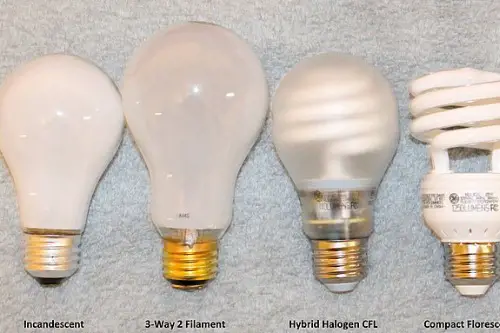
Yes, even the bulb in your lamp sparked political fury. When federal rules started phasing out older, less-efficient incandescent bulbs in favor of energy-saving LEDs, it was met with claims of government interference in personal choice. Some saw it as part of a broader “nanny state” trend, where the government tells you how to live—even down to your lighting. It became another symbol in the battle over environmental regulation.
This wasn’t a new thing either—George W. Bush actually signed the initial energy efficiency law back in 2007. But when enforcement and phase-outs picked up steam under later administrations, it reignited the argument. There were even congressional efforts to repeal the regulations. So yes, that soft white bulb in your ceiling once made headlines.


